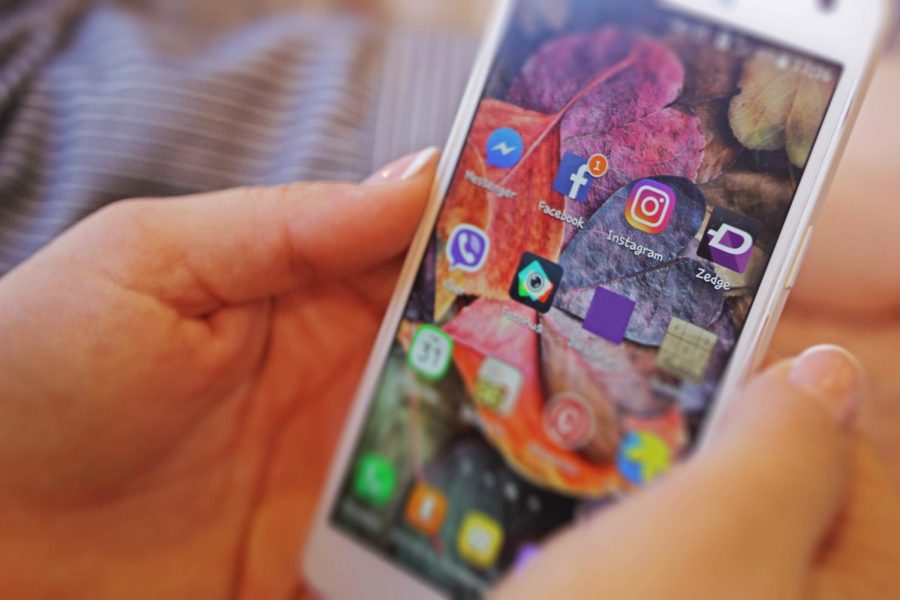Phone apps could aid automated coronavirus tracking
Privacy, surveillance issues concerns for some
new phone apps could help trace coronavirus contact
April 30, 2020
Phone app developers worldwide have been seeking ways to use technology to track and hopefully stop the spread of the coronavirus.
A New York Times article published yesterday tells readers that North and South Dakota are using a repurposed North Dakota State University football application that allowed fans to track each other to games, as a way for users to trace possible contact with people who have contracted the virus.
According to the article, many countries are developing apps that use Bluetooth and GPS technology to track the movements of individuals who have tested positive for coronavirus. Apparently, the app could alert others when they were in the vicinity of an infected individual or trace the users contact with people who have recently tested positive.
The effectiveness of the app relies on large scale downloading and users voluntarily and accurately reporting infection, a process that could be hampered by a lack of widespread testing.
Apparently, only around 3% of North Dakotans have downloaded the app, which was originally only available for iPhones. Singapore has a voluntary tracing app that about 20% of the population has downloaded and Norwegians downloaded theirs at a rate of about 30%.
Reportedly, India has been particularly aggressive in developing tracing methods. One app alerts authorities if a person leaves a virtual perimeter surrounding their home and another requires users to take selfies as proof they are staying home.
The article claims that some Chinese residents are being required to download a health code app that automatically decides when they should be quarantined and sends their location information to the government.
Unfortunately, the new technologies are rife for potential privacy issues and danger from hackers gaining personal information. Forcing anyone to download something to their phone which monitors their location also raises red flags for governmental surveillance situations.
The Times found that the quarantine apps in India lacked “common security measures” and that one had leaked a person’s location to a YouTube server.
“They just pilot it out, see how it works and, as the debate is taking place, they scale the project — and once it’s scaled, then it becomes a lot harder to roll back”,” Sidharth Deb, from the Internet Freedom Foundation, a digital rights group in New Delhi, told the Times.
Apple and Google are reportedly developing programs to help public health authorities develop apps that address many of the privacy and security issues.


